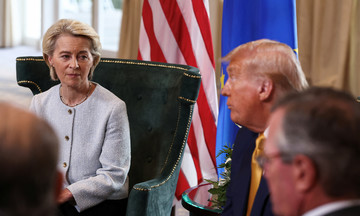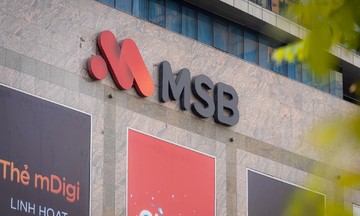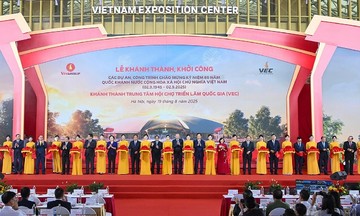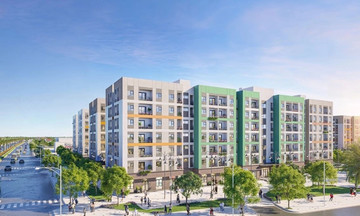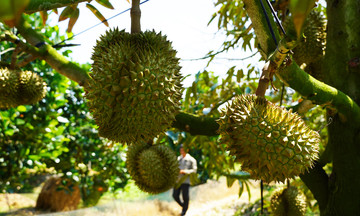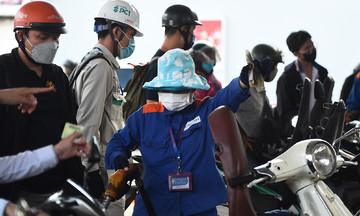On 23/7, Ly Kim Chi, President of the Food and Foodstuff Association of Ho Chi Minh City (FFA), reported that businesses in the industry are facing difficulties with product packaging. Specifically, since 1/7, the actual addresses of production facilities have changed with the establishment of the two-tiered local government in Ho Chi Minh City.
Meanwhile, packaging for products manufactured since this date, which was printed earlier, uses the old address. Businesses are in a dilemma. Using old packaging displays the wrong address, but they cannot proactively change to new packaging because their business licenses haven't been updated.
"Since 2/7, the authorities have not updated our business licenses. Using packaging with the new address doesn't match the license, leading to discrepancies in certificates of origin. This is a significant bottleneck," Chi pointed out at the Ho Chi Minh City Business Association (Huba)'s "Conference reviewing the first 6 months' activities and setting directions and tasks for the last 6 months of 2025" on the morning of 23/7.
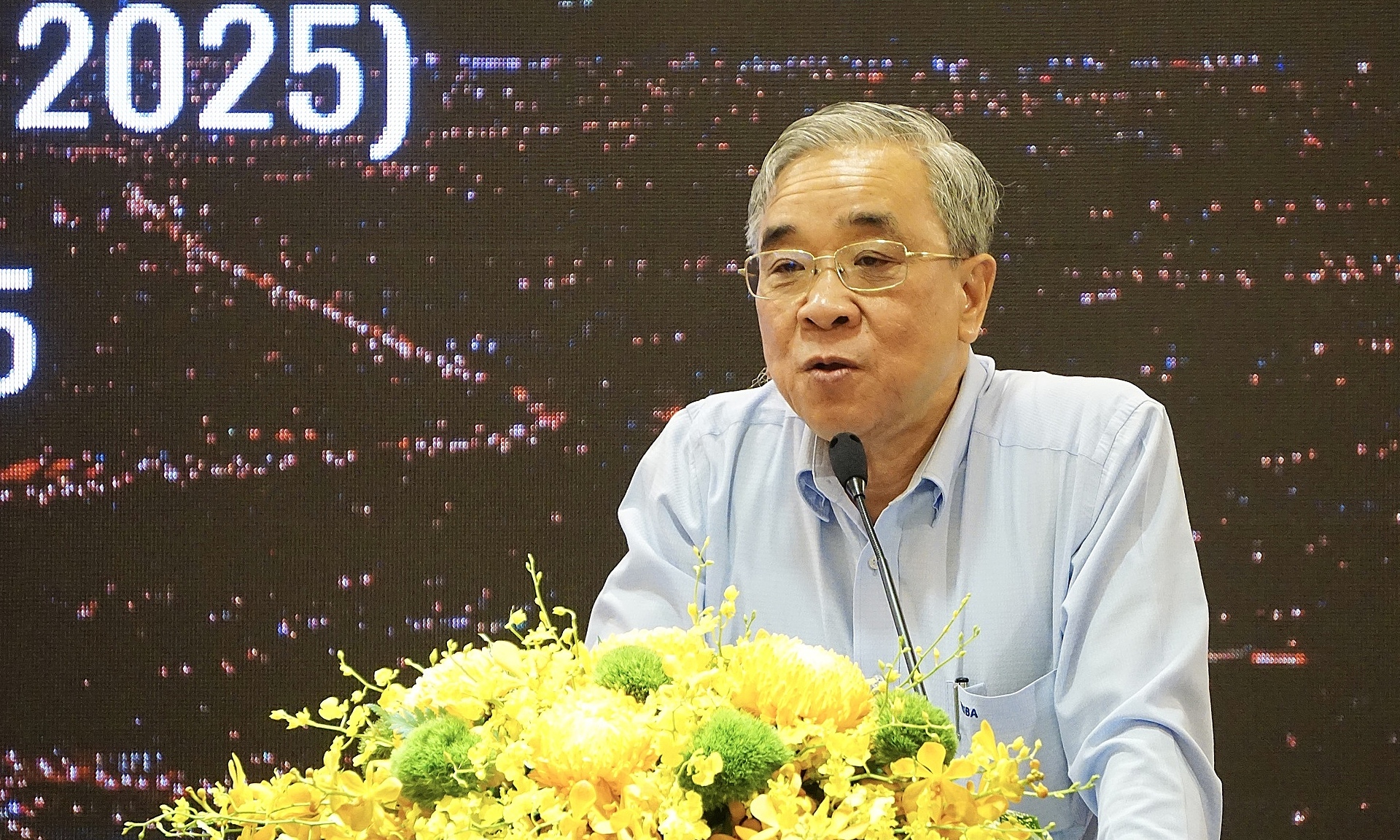 |
Nguyen Ngoc Hoa, Chairman of Huba, at the conference on the morning of 23/7. Photo: Huba |
Nguyen Ngoc Hoa, Chairman of Huba, at the conference on the morning of 23/7. Photo: Huba
Nguyen Ngoc Hoa, Chairman of Huba, confirmed that some members are struggling with the address issue and product origin certification. Therefore, the association proposed to the People's Committee of Ho Chi Minh City to allow businesses to use all pre-printed packaging with the old address for activities such as import and export, tax declaration, transaction documents, commercial contracts, as well as on packaging, labels, and branding until the end of 2025.
According to businesses, product packaging is usually printed 3 months to a year in advance. Huba believes that using up the existing printed packaging will help maintain production and business stability and avoid waste during the transition period. "This is a necessary solution to facilitate businesses' adaptation to administrative changes, while ensuring continuity in production, trade, and goods circulation," the association stated.
The FFA also stated that they have sent a document regarding the packaging issue to the People's Committee of Ho Chi Minh City. Vice President Nguyen Loc Ha acknowledged the issue and directed relevant departments to promptly devise solutions and respond to the association.
Overall, Huba assessed that Ho Chi Minh City has made significant progress in implementing the two-tiered government model, including streamlining administrative procedures, increasing decentralization and empowerment for departments and localities, and improving service efficiency for businesses.
"These initial changes have contributed to improving the investment and business environment and creating a foundation for a more dynamic and efficient city," the association stated.
Huba has restructured its organization by dissolving district-level business associations and establishing 5 regional business associations (West Saigon, East Saigon, Cho Lon, Central Saigon, Northwest Saigon) to replace the old model. In the second half of the year, the association will reorganize business representative organizations and industry associations in the 3 former localities of Ho Chi Minh City.
Dy Tung



